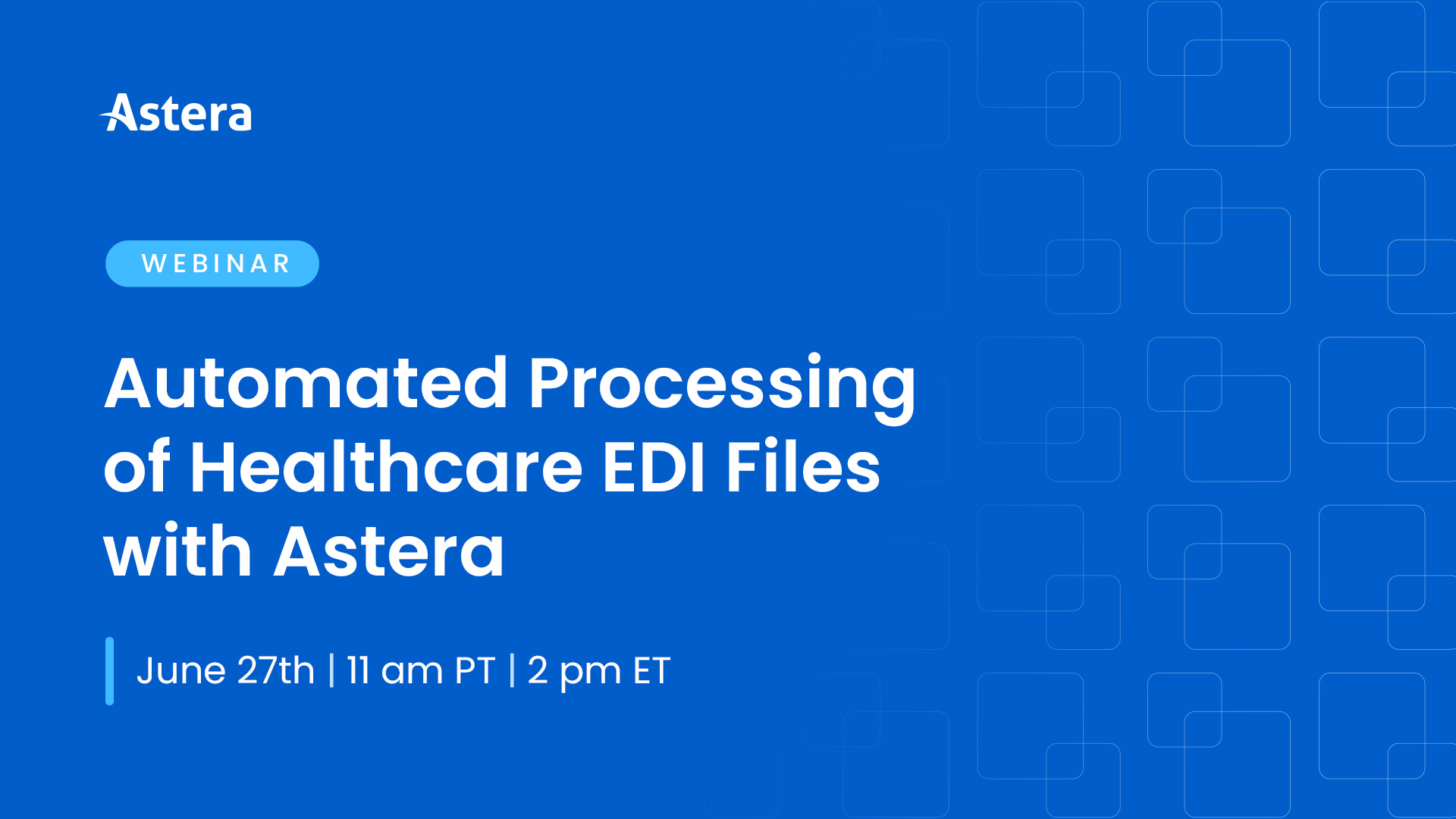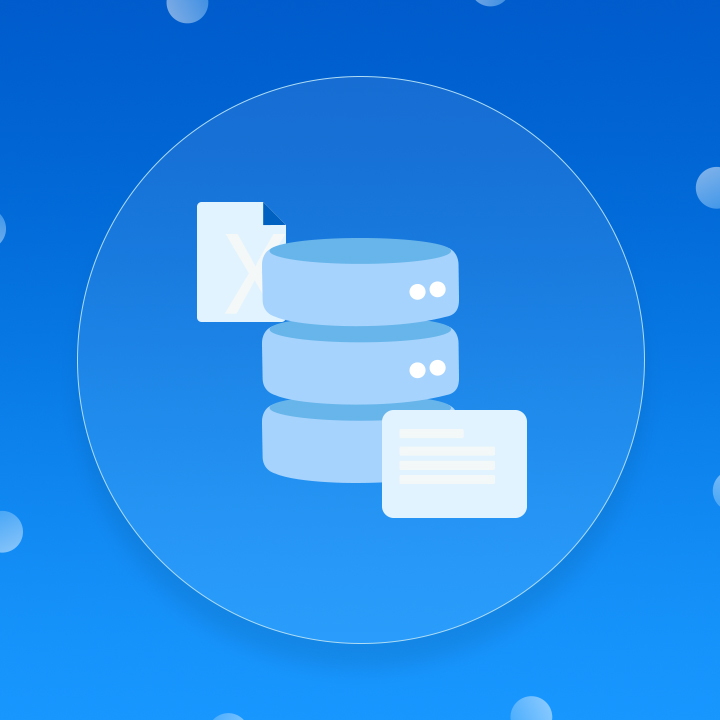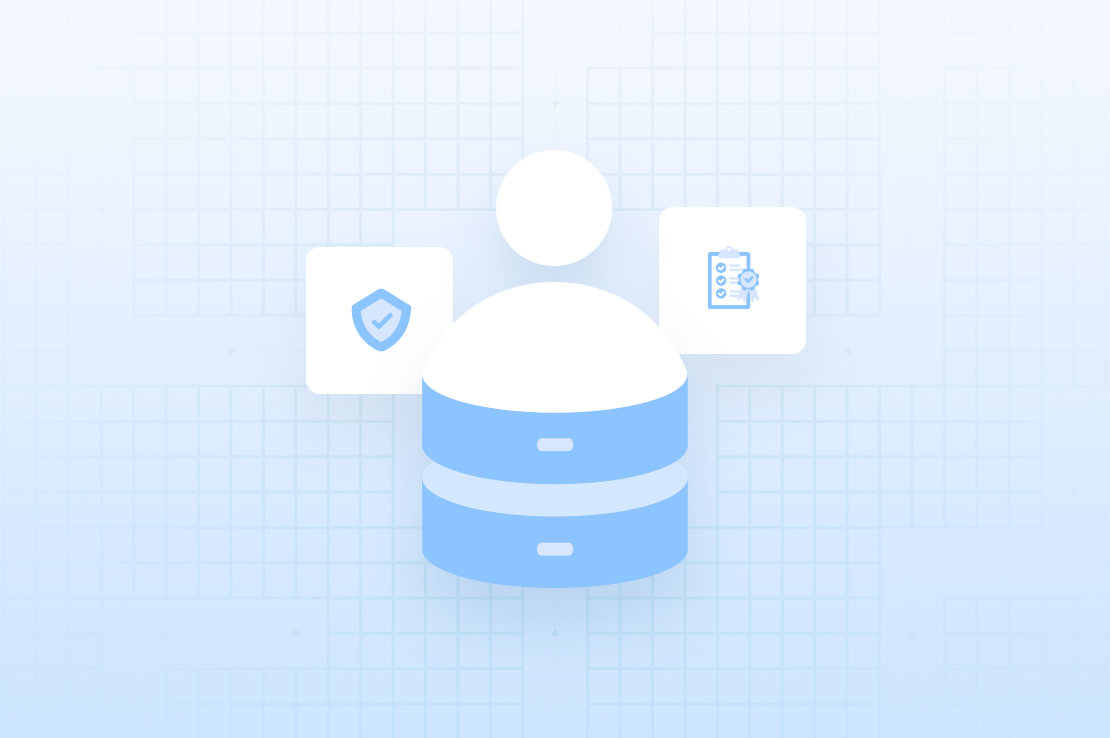Policy development plays a critical role in government agencies within the legal sector, shaping a society’s social, economic, and political landscape. Advances in technology have ushered in a new era of policy development, with automated legal data extraction tools emerging as a game-changer for legal professionals in government institutions.
Exploring the Power of Automated Legal Document Data Extraction Tools
Automated legal document data extraction tools are software programs that use natural language processing and machine learning algorithms to extract relevant data and insights from legal documents. These documents include laws, regulations, court cases, and other legal documents relevant to government policymaking.
Automated legal document data extraction tools are becoming increasingly important in the legal industry. They can help lawyers and policymakers quickly and accurately extract relevant information from large volumes of legal documents. This can save time and resources and help to inform policy-making decisions.
Some of the key features of automated legal document data extraction tools include:
- Text recognition: the ability to recognize and extract text from various legal document formats, including PDFs and Word documents.
- Entity recognition: the ability to identify and extract named entities such as people, organizations, and locations.
- Relationship extraction: the ability to identify and extract the relationships between named entities.
- Topic modeling: the ability to identify and extract the key topics and themes in a legal document.
Empowering Government Organizations: The Advantages of Data Extraction Tools
Some of the benefits of implementing data extraction tools in policy development include:
- Resource Reallocation: By freeing up human resources from manual data analysis, organizations can allocate them to other areas of operations where their expertise is required, optimizing resource utilization and maximizing productivity.
- Insights in Digestible Format: These tools present extracted data in an easily understandable format, such as summaries or visualizations, enabling policymakers to gain insights quickly and efficiently. This enhances their ability to derive meaningful conclusions from the data.
- Improved Policy Outcomes: Informed decision-making based on comprehensive data analysis leads to more effective and impactful policy outcomes. Data extraction tools help ensure that policies are evidence-based and aligned with the needs of the people.
- Focus on Policy Formulation: By automating data extraction and analysis, policymakers can dedicate more time and attention to policy formulation and strategic thinking. This allows for a deeper understanding of complex issues and the development of well-crafted policies.
- Accelerated Timelines: Faster data extraction and analysis enable government organizations to make policy decisions more promptly, keeping pace with rapidly evolving societal needs. This ensures that policies are timely and responsive to current challenges.
- Mitigating Biases and Errors: Objective data extraction reduces the risk of subjective interpretations and biases in data analysis. This promotes a more accurate and consistent understanding of legal documents and improves decision-making integrity.
- Standardized Information Sharing: Data extraction tools facilitate the sharing of legal information in a standardized format, making it easier for government organizations to communicate and collaborate. This enhances transparency, fosters trust, and allows for greater public scrutiny.
- Accessible and Open Governance: By leveraging data extraction tools, government organizations can improve transparency in decision-making processes and ensure accountability to the public they serve. This promotes open governance, where citizens can access and understand the legal basis for policies, fostering an inclusive and participatory democratic system.
Real-World Applications of Data Extraction Tools in Government Policymaking
Here are some examples of how automated legal document data extraction tools have been used to improve government policies:
Case Study: Improving Public Health Policy
The New York City Department of Health and Mental Hygiene used text mining and data extraction tools to analyze over 6,000 public health laws and regulations. This analysis provided insights into the prevalence of certain health issues and the effectiveness of existing policies. For example, the analysis found that there were gaps in policies related to mental health and substance abuse. As a result, the department developed and implemented new policies that focused on addressing these gaps. The use of data extraction tools helped the department develop more targeted and effective public health policies that improved the health outcomes of New York City residents.
Case Study: Enhancing Environmental Regulations
The United States Environmental Protection Agency (EPA) used automated legal document data extraction tools to analyze thousands of environmental laws and regulations. This analysis helped identify gaps and inconsistencies in the regulations, which were then addressed by developing clearer and more comprehensive regulations. For example, the analysis found that there were inconsistencies in regulations related to air pollution from industrial sources. The EPA used the insights gained from the analysis to develop new regulations that were more effective in reducing air pollution and protecting public health.
Case Study: Optimizing Tax and Revenue Policies
The Australian government used automated legal document data extraction tools to analyze tax laws and regulations. This analysis helped identify opportunities for revenue optimization and led to the development of more effective tax policies. For example, the analysis found that there were gaps in the tax code related to offshore tax avoidance. The government used the insights gained from the analysis to develop new policies that closed these gaps and generated additional revenue for the government.
Conclusion
Automated legal data extraction tools are revolutionizing policy development for government organizations. They have the potential to transform policy development in the legal sector, making it faster, more accurate, and more efficient. By leveraging the power of AI and natural language processing, these tools streamline research and analysis, provide valuable data insights, promote transparency and accountability, and overcome legal complexity and compliance challenges.
Legal professionals must prepare for a data-driven policy development landscape by embracing and implementing automated legal data extraction tools. By doing so, they can improve the efficiency and effectiveness of policy development, making it possible to develop policies that are grounded in data-driven insights.
Authors:
 Abeeha Jaffery
Abeeha Jaffery




